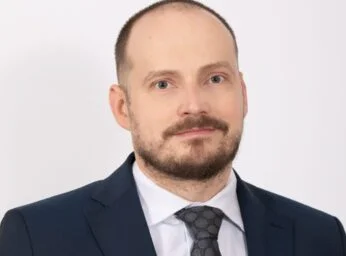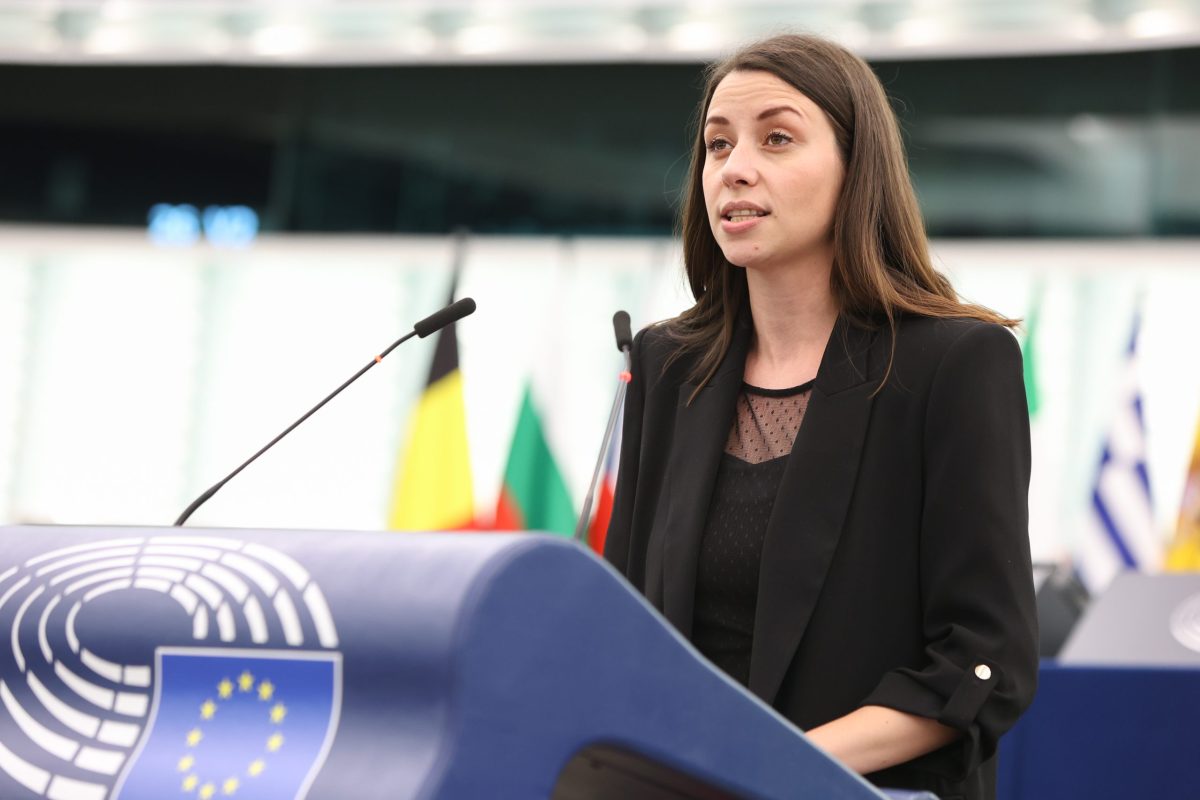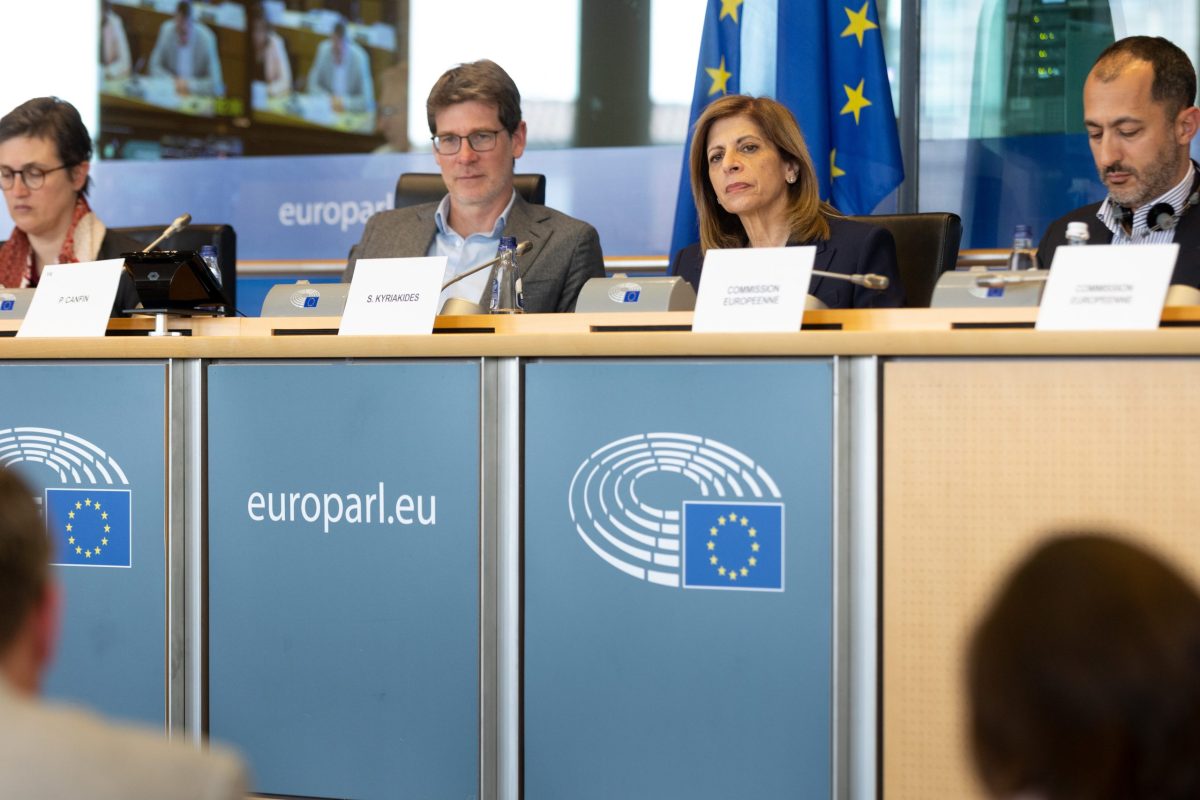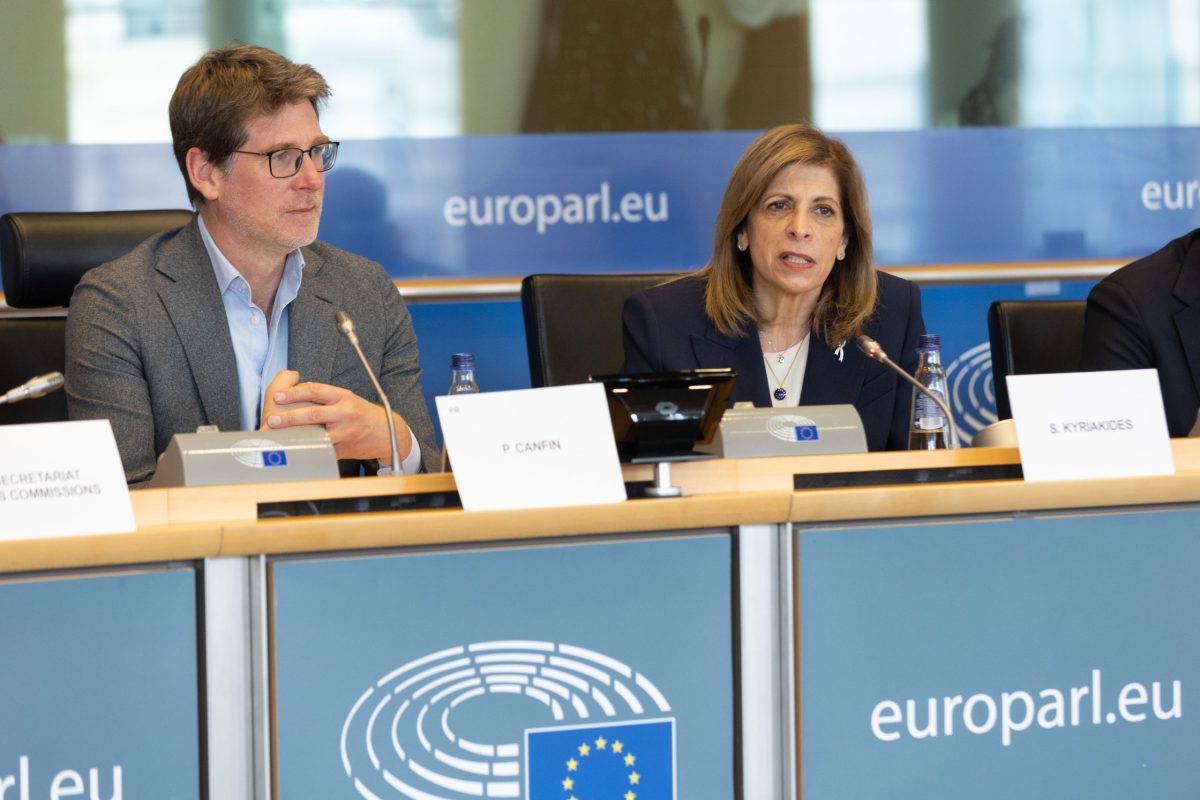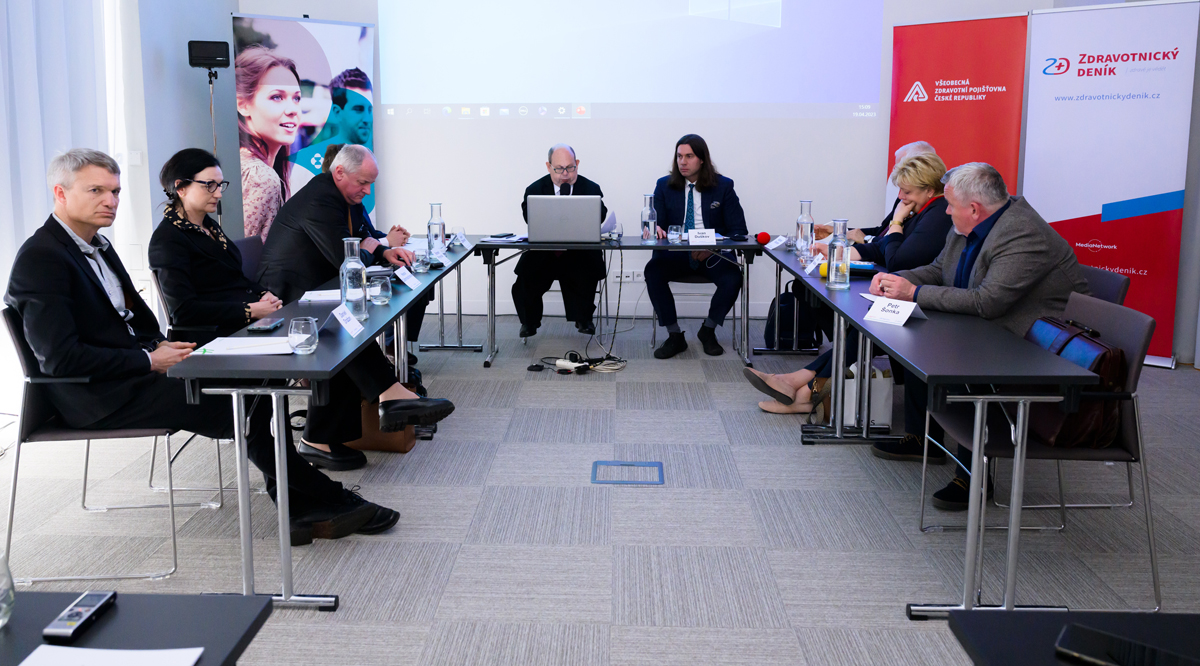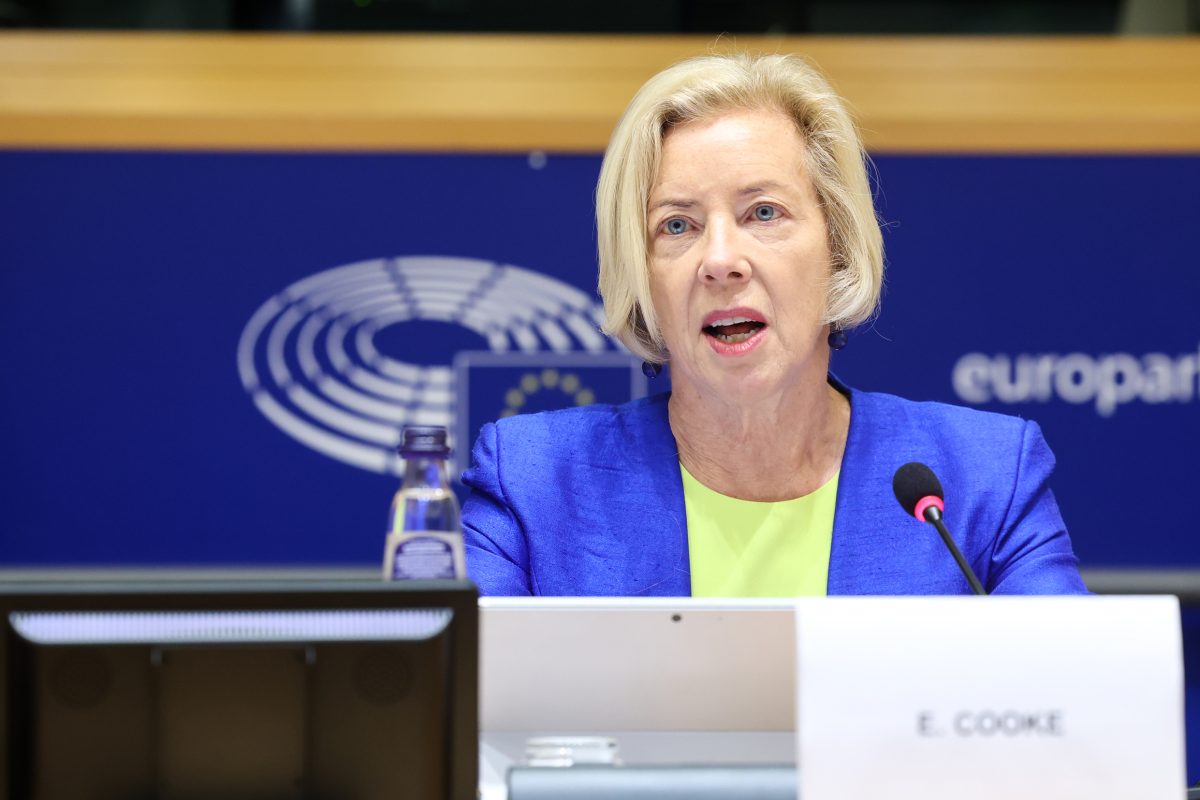This is a historic moment, agreed European Commissioner for Health and Food Safety Stella Kyriakides and Polish MEP Bartosz Arłukowicz, chairman of the new EU subcommittee on public health (SANT), at yesterday’s first meeting. The presence of the European Commissioner gave the members of the subcommittee the opportunity to launch a whirlwind of questions in her direction revealing that many EU countries are facing the same difficulties in the field of public health. Among the most important are the shortage of medicines, unequal access to healthcare for patients from different countries and the problem of antimicrobial resistance, which has the potential to cause a Europe-wide health crisis.
„When I was a doctor at the Children’s Oncology Clinic in Szczecin, Poland, it broke my heart that our little patients fighting rare types of cancer have a completely different chances of survival than the same patients a thousand kilometers away,“ said SANT chairman Arłukowicz during the opening of the first meeting.
He also recalled another unforgettable event from his time as Minister of Health in Poland, where four cancer drugs crucial for the survival of patients ran out at one point. The European Union did not help; each country had to solve the shortage of essential medicines on its own. „Why do we have to fight a shortage of medicines alone, causing suffering and death? I think that five hundred million European citizens are waiting for us to act so that no one in Europe will ever run out of the medicines they need,“ he said.
He said the covid-19 pandemic showed that such problems can be solved if EU countries join forces. That is why, among other things, a new European Parliament subcommittee on public health has been set up to help put Europeans‘ health issues at the heart of European policymaking.
Drug shortages and antimicrobial resistance
„Covid-19 has shown that there is great strength in unity and we need this unity across member states, but also across institutions. We need it not only to deal with the long-term consequences of covid, but also to look at how we can improve the health workforce and the health of the European population,“ pointed out Stella Kyriakides, European Commissioner for Health and Food Safety.
Unity and strength will definitely be needed in the Union because, as the SANT subcommittee members‘ questions to the Commissioner revealed, a huge pile of acute problems related to EU countries‘ health systems and public health has been piled up. These range from the shortages of many medicines and the huge differences in their prices from one country to another, to the unequal access to healthcare for patients in different countries, to the serious issue of antimicrobial resistance (AMR). Not to mention a multitude of other complications with a wide-ranging impact on the health of Europeans.
Mohlo by vás zajímat

„The problem of drug shortages has many different causes and a very long history. But thanks to the strengthening of its mandate, which the European Parliament supported, the European Medicines Agency (EMA) now has a very solid monitoring and management system in place,“ said Stella Kyriakides. This gives it a stronger role to coordinate the necessary measures across the EU, which is why, she said, it is now possible to tackle shortages of antibiotics, some thrombolytics and diabetes drugs, for example, which have affected many EU countries.
Joint purchasing and stockpiling
In order to address the unavailability of medicines, she said, the introduction of a variety of measures is being discussed. For the first time in history, a list of critical medicines with supply commitments could be agreed within the EU, joint purchasing of medicines for all member states is being considered, as well as stockpiling of selected medicines at EU level. „But we have to be careful in this respect because stockpiling can create even more shortages,“ the Commissioner said.
The possibility that drug manufacturers would have to have plans in place to prevent shortages of medicines without which they would not be able to supply their products to the European market is also being addressed. According to Stella Kyriakides, it is essential to be proactive and know about the potential risks of drug shortages before they actually happen, rather than just reacting to acute supply shortages that have already occurred.
The forthcoming measures on antimicrobial resistance are also a crucial chapter. „This is a major public threat and very specific measures need to be proposed to tackle the AMR problem. We need to overcome market failures and figure out how to develop new, safe and effective antimicrobials. We also need to ensure prudent use of existing antimicrobials,“ she said.
Vital policy priorities
According to the Commissioner, the upcoming pharmacological reform, which is expected to be presented to the European Parliament’s Environment, Public Health and Food Safety (ENVI) Committee next Wednesday, could help solve the actual and affordable availability of needed medicines and some of the other problems mentioned.

„Our aim is to create a strong, flexible legal framework that is future-proof, crisis-proof and innovation-friendly. It is a package of proposals, a set of tools that will ensure that member states have better access to medicines and that we continue to support innovation so that the EU pharmaceutical industry remains a global innovator, which is vital,“ outlined Kyriakides. Ensuring the availability of medicines across the EU is a key political priority, she said. „There cannot be first and second class citizens in the EU, everyone deserves to have timely and equal access to medicines whenever they need them,“ she stated.
The SANT subcommittee has big plans
The recently created European SANT subcommittee will play a crucial role in addressing major public health issues in the EU, according to Stella Kyriakides, although voting on legislative proposals remains the responsibility of the ENVI committee for now.
A statement by SANT chairman Bartosz Arłukowicz during the first meeting shows that the subcommittee has really big plans for the near future. „At the coordinators‘ meeting it was decided to ask the ENVI committee for permission on several issues – the drafting of a report on the procurement of joint purchasing and storage of medicines, on mental health and non-communicable diseases,“ he said.
In addition, he plans to hold several hearings, for example on the review of the pharmaceutical strategy, the prevention of non-communicable diseases and youth mental health. And it plans to ask for three seats for its members in the ENVI delegation that will go to the World Health Assembly in Geneva. With about a year to go until the next European Parliament elections, the SANT subcommittee has the opportunity to prove that public health in the EU deserves a separate committee in the time remaining. It looks as if it is about to embark on this with full vigour.
Lenka Springs
We will report on the details of the first meeting of the new European Subcommittee on Public Health and the answers of Commissioner Stella Kyriakides to questions from SANT members in the coming days.


